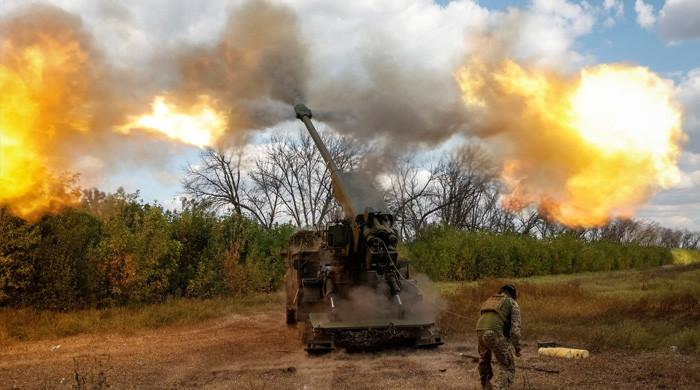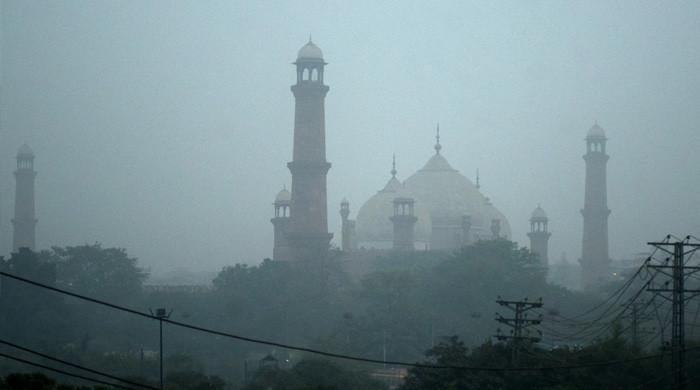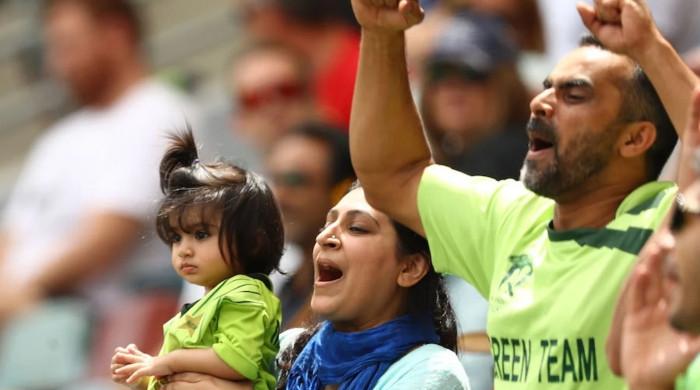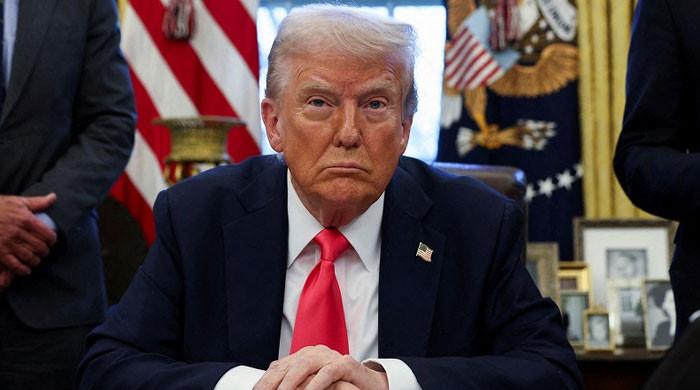Why local bodies fell from political grace
Pakistan’s mainstream political parties have a poor track record when it comes to the local bodies system
January 13, 2023
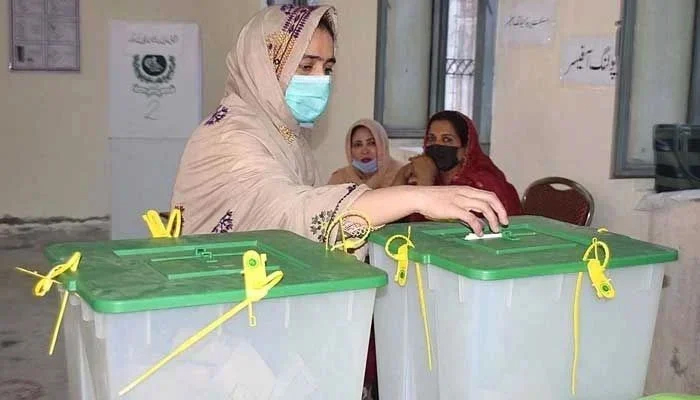
Pakistan’s mainstream political parties have a poor track record when it comes to the local bodies (LB) system, which since 1979 has produced nearly half a million political workers and that too at the grassroots level — though a majority of these polls were held under two military dictators i.e., General Zia-Ul-Haq and General (retd) Pervez Musharraf.
Had this practice continued under the civilian rules uninterrupted, the system could have given more workers to the parties but this practice was often delayed under civilian setup.
The last local bodies elections were held in 2016 and the term expired in 2020, and according to the Constitution and the LB system, it should have been held within 90 days.
However, the previous Pakistan Tehreek-e-Insaf (PTI) government showed reluctance to hold the LB polls in Punjab, fearing a defeat at the hands of the Pakistan Muslim League-Nawaz (PML-N). They even dissolved the elected bodies in 2019 a year before their term expired and appointed administrators.
The Pakistan Peoples Party (PPP), unfortunately, has the poorest track record of the LB system though it had been one of the biggest beneficiaries as even under Gen Zia they performed well.
The approach of the political parties towards the strong local bodies’ or city governments also has been undemocratic as they don’t want to empower these bodies and foster strong metropolitan corporations with political, administrative, and financial powers. Secondly, the political leaders including members of national and provincial assemblies opposed a strong LB system as many of them think it would not only undermine their authority and influence but could also challenge their superiority. Thus, they want to keep the LB system weaker.
While we still await the LB polls in Punjab after 2020, they were held in other provinces as in Sindh, the second phase of LB would be completed after January 15.
The first phase was completed last year, but the second phase was delayed due to flooding and heavy rains. The new bodies would now take over the responsibility in the next two weeks times and a new mayor would be elected.
"Democracy is the best revenge" but if you take revenge from democracy and block the system, it would not help the political process. Just go back and see how people took revenge on the dictator and that too through the system he coined and imposed.
The LB system was introduced by Gen Zia in 1979 and the first LB polls were held in September 1979, just five months after the execution of former prime minister Zulfikar Ali Bhutto on a non-party basis.
The PPP-backed ‘Awam Dost’ candidates bagged most of the seats. Even in the urban cities of Sindh, it did not perform badly. Had some of the ‘councillors’ not gone missing mysteriously, they would have almost secured the top slot.
The mayorship went to Jamaat-e-Islami (JI) candidate Maulana Abdus Sattar Afghani and PPP’s Umer Yusuf Dada was elected as deputy mayor.
Sensing the PPP’s popularity despite Bhutto’s hanging, Zia once again postponed otherwise scheduled general elections in November 1979. Earlier, he had promised elections within 90 days after usurping power on July 5th, 1977 but after the intelligence report of Bhutto's landslide victory, he postponed polls till further order. Some of the right-wing intellectuals and media tycoons, and editors also requested him to call off polls.
Gen Zia wanted to run a system of his own based on a ‘non-party basis’ but at the same time tried to give the impression to the world that he had relaxed bans on political activities.
The second local bodies elections were held within four years after the expiry of the term of the first in August 1983 and it almost coincided with the political struggle launched by the joint opposition alliance Movement for Restoration of Democracy (MRD).
Yet, political parties did participate in the LB polls and this time too ‘Awam Dost’ did well and once again in Karachi PPP-backed Abdul Khaliq Allahwalla, who was defeated in 1979 by Sattar Afghani (who retained the mayor slot) got elected as deputy mayor.
Although these two LB polls were held under Gen Zia they did produce thousands of political workers in the form of elected representatives at the grassroots level and indirectly benefited political parties. Many of those later contested in the general elections as well.
After holding back-to-back local bodies elections, Gen Zia then tried his luck in 1984 to get political legitimacy by announcing a ‘referendum’ in the country on whether people supported him and his conservative reform agenda.
He placed five different questions including those related to his ‘Islamic Sharia’ reforms. It was also declared that if the majority voted ‘Yes’ it would be taken as giving Zia a mandate to rule for another five years.
The official turnout was declared 95% in reality, hardly 5% of votes were cast. Another example of "democracy as the best revenge".
A few months later in 1985, he announced general elections but again on a non-party basis. Unlike in the local bodies elections, the then-opposition for the first time surprisingly announced a ‘boycott’ of these polls, the decision which later former prime minister Benazir Bhutto always ‘regretted’.
The MRD failed in the boycott as it allowed other parties to get themselves elected but even in those polls the urban Sindh surprised parties like JI and Jamiat Ulema-e-Pakistan, JUP — the two dominant forces here.
Their strong candidate lost to otherwise politically irrelevant faces. However, later they joined the government, and some also made their mark. Under another military ruler — Gen Musharraf — two LB polls were held in 2001 and 2005 but on a party basis and the process went on.
The LB system is always considered the biggest ‘political nursery’ which produces hundreds and thousands of political workers provided political parties democratically run the system.
Will the parties finally learn a few lessons from the past and make the LB system a regular and uninterrupted process and empower it — that too under the 18th amendment? Do they want to keep politics and democracy as a ‘family affair’ or sweep them under the carpet? Keep your fingers crossed.
The writer is an analyst and columnist for GEO, The News and Jang. Twitter:@MazharAbbasGEO





